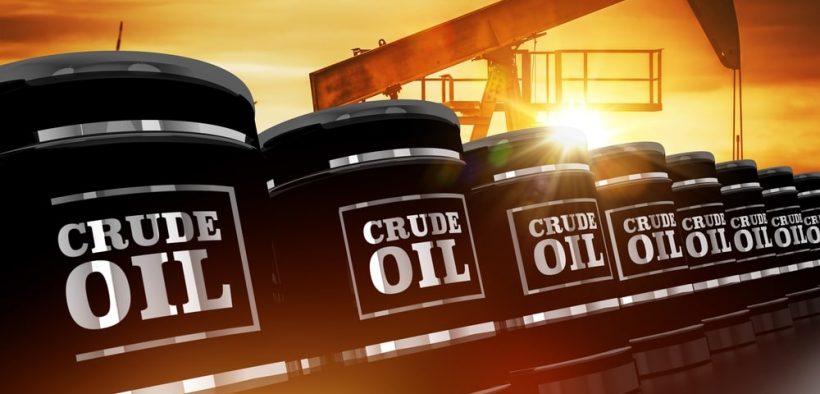Crude Transport by Rail Could be Restricted by New Washington State Bill

Crude oil is one of the most important industries in the state of Washington, and over the years, the rail route has been one of the most popular methods of transporting the product to the rest of the country. However, things are about to change for crude transporters in Washington, as the state legislature has now passed a bill that is going to limit the scale of crude transport through rail. The primary reason behind this step is to ensure more safety for trains that carry crude oil as cargo. For instance, back in the year 2013, a train carrying crude oil got derailed in Quebec in Canada, and the mishap led to the death of as many as 42 people. It is perhaps more alarming that the entire town centre at Lac Megantic was destroyed due to that accident and hence, it is perhaps a step which was many years in the making.
According to reports, the bill has already been passed by the legislature in the state of Washington, and it now awaits the signature of the Governor of the State Jay Inslee. The legislation would not allow cargo trains to take on crude oil if the vapour pressure in the cargo is lower than nine pounds per square inch and it is going to apply to all facilities that were built after January this year. Transporters might also have to test the crude oil prior to getting them on to trains and needless to say, this is a move that is going to face some resistance from the crude oil companies in the state.
Although the entire premise of the bill is meant for safety and to regulate the interstate transport of materials that could prove to be hazardous, it is also true that the legislation could be challenged if it is eventually turned into a law. On top of that, it could also be construed as a move to ensure that oil companies in the state build their own pipelines for safer transport of crude oil. A fellow at the Rice University Center of Energy Studies spoke about the possibility of legal challenges and said, “[the law] could be susceptible to legal challenge if it can be established that it imposes practices that interfere with the federal regulation of rail safety and that unduly burden the interstate shipment of crude oil.”




